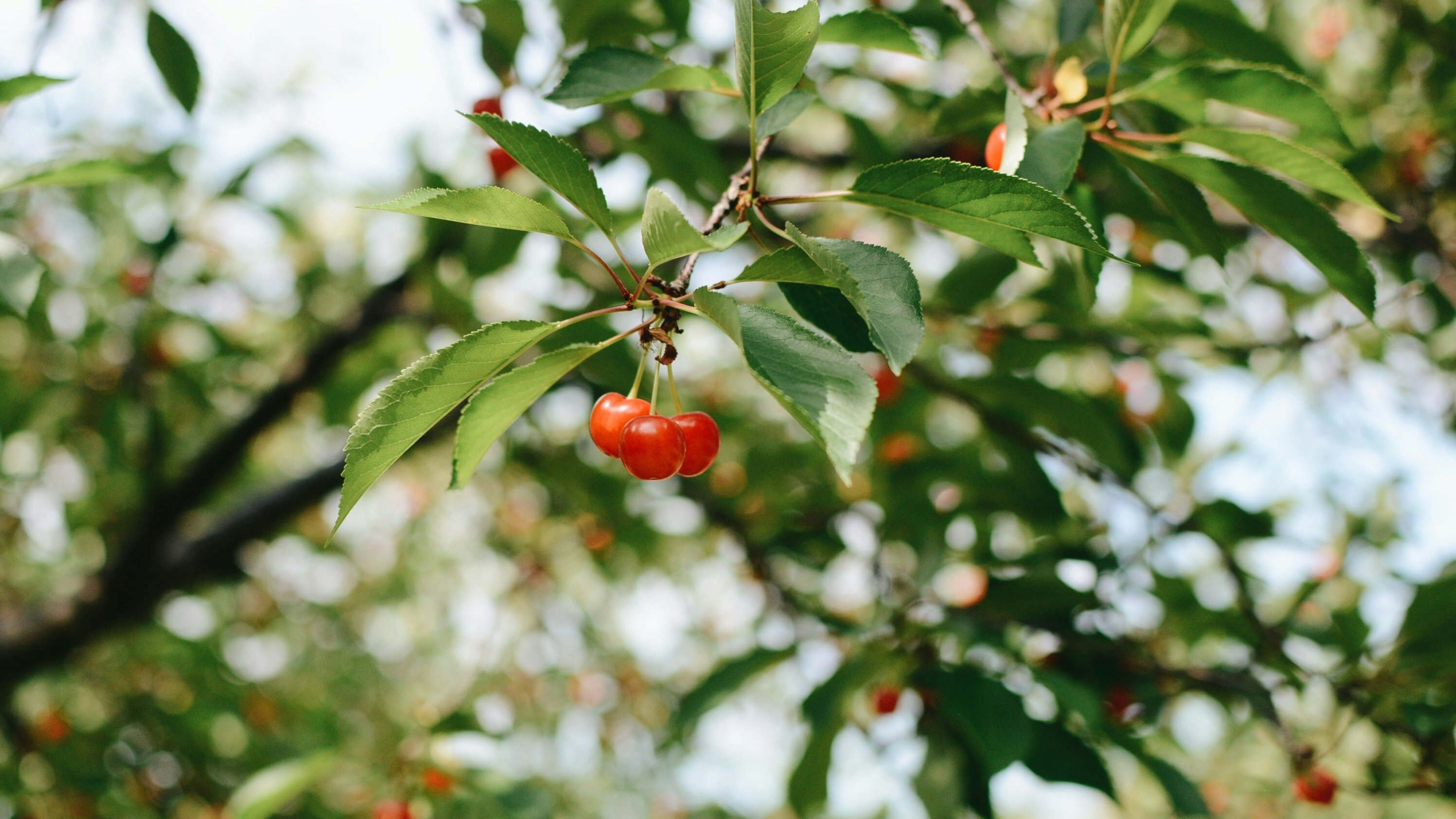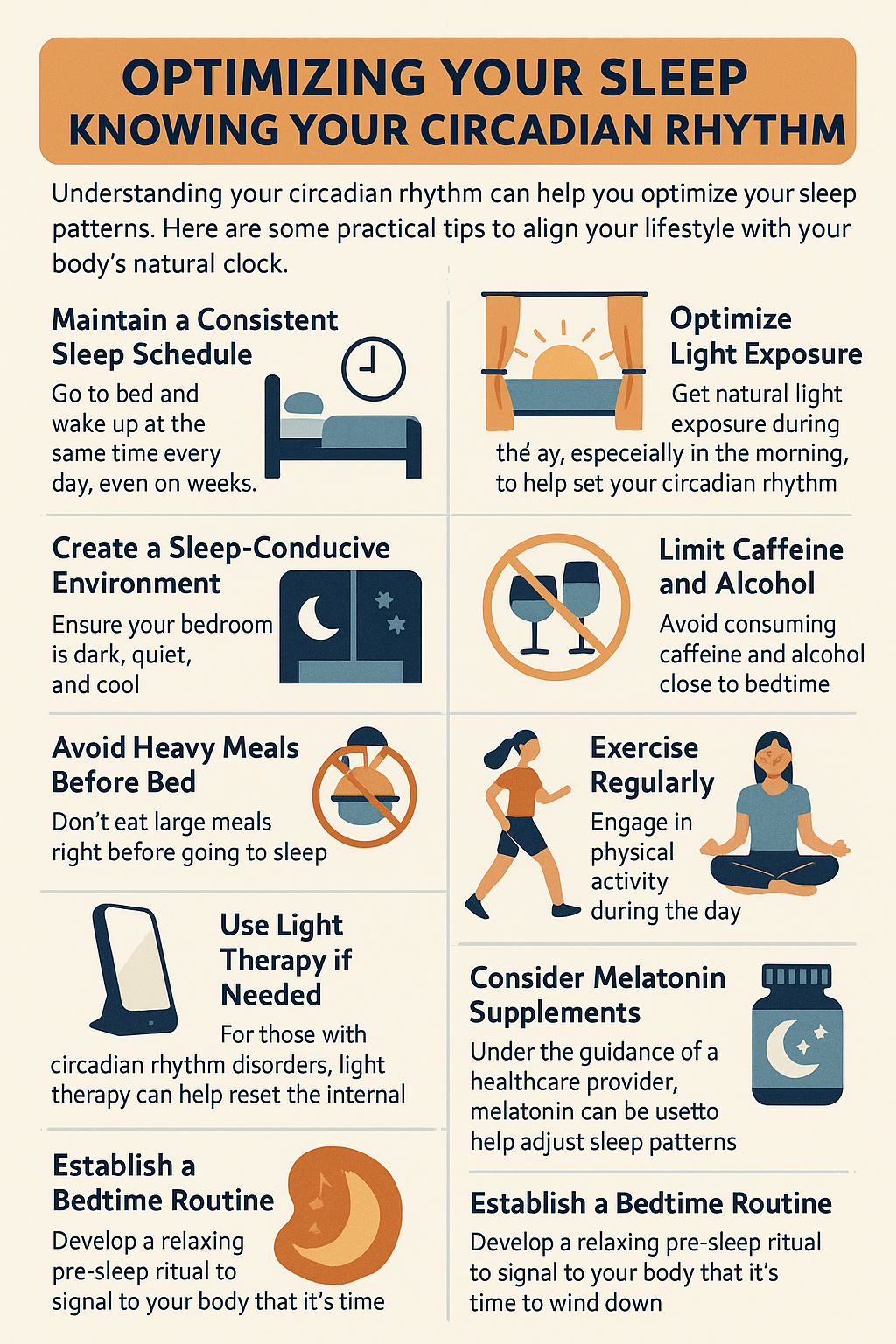
How to Increase Melatonin Naturally
Increasing melatonin naturally offers a safe, sustainable way to improve sleep quality and support overall health. By optimizing light exposure, adjusting lifestyle habits, choosing melatonin-rich foods, and timing sleep appropriately, you can enhance your body’s production of this vital hormone. Coupled with good sleep hygiene, these strategies provide a holistic approach to better rest. Consistency is key—small changes can yield significant results over time. If sleep problems persist, seek medical advice to explore potential underlying conditions.




